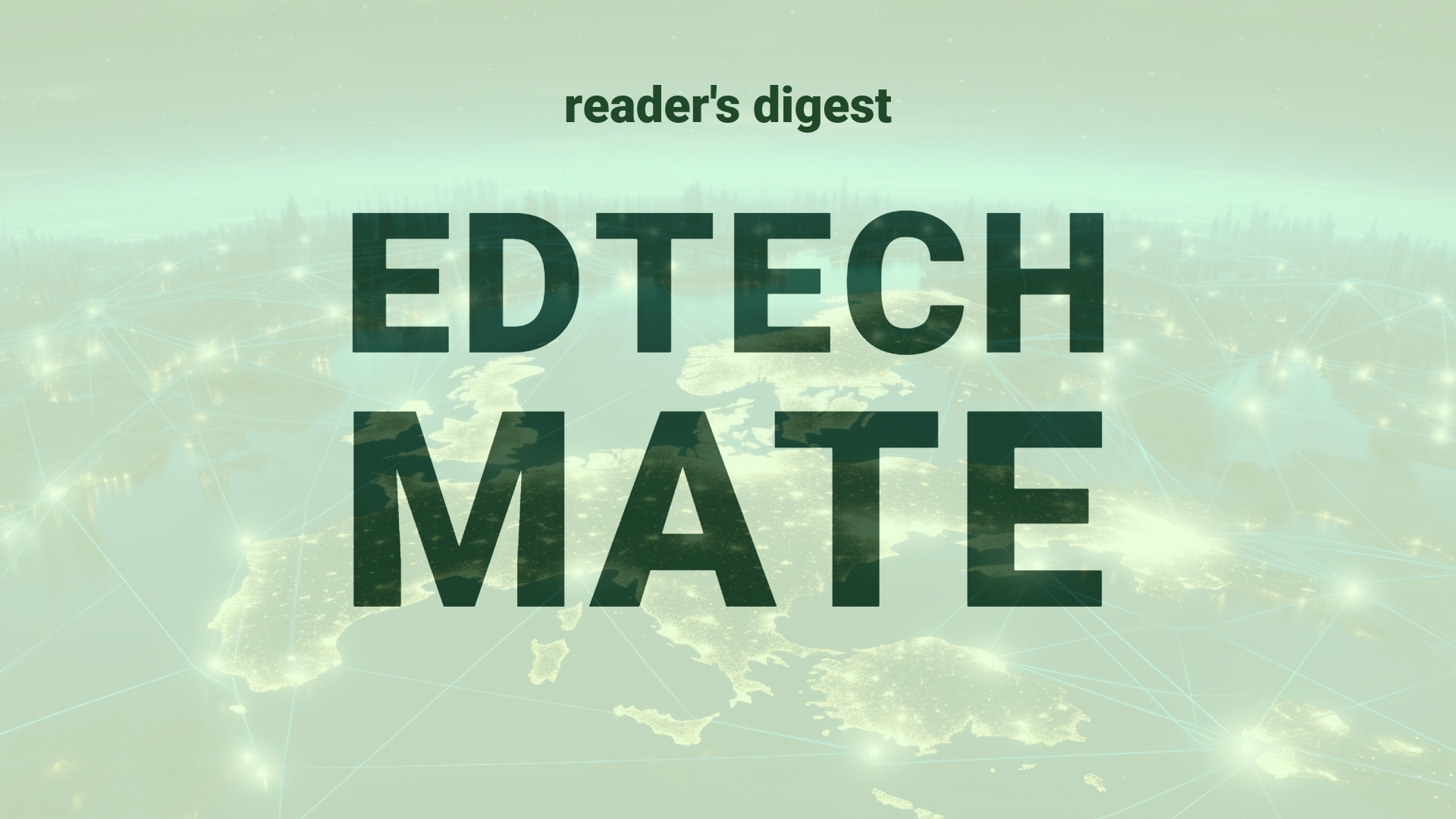Executive Summary and Main Points
The rise of generative artificial intelligence (GenAI) is a game-changer for various industries, including education. Despite skepticism, comparing it to the early days of the internet revolution indicates that early adoption can offer substantial advantages. GenAI, particularly large language models (LLMs), is reshaping productivity, creativity, and efficiency. Overcoming limiting mindsets is key to reaping GenAI’s benefits, such as iterative and refocused prompting, strategic utilization despite its limitations, and recognizing its complementary role alongside human skills.
Potential Impact in the Education Sector
GenAI’s influence on Further Education and Higher Education is multifaceted, potentially streamlining administrative tasks, enriching research, and customizing teaching methodologies. It may contribute to personalized learning experiences and aid in the creation of innovative course content. In terms of Micro-credentials, GenAI could provide upscaling opportunities and revolutionize credential verification processes. Strategic partnerships can leverage GenAI for cross-institution collaborations, enhancing digitalization and international education networks.
Potential Applicability in the Education Sector
Integrating GenAI within global education systems presents opportunities such as AI-assisted curriculum development, automated grading systems, and virtual teaching assistants. It can aid in language translation, making education more accessible, and provide predictive analytics for student performance. Digital tools, AI-based simulations, and virtual labs can redefine the learning environment, offering rich, interactive experiences to students worldwide.
Criticism and Potential Shortfalls
Criticism of GenAI includes the risk of overdependence, privacy concerns, and ethical issues like algorithmic bias. Comparisons with international standards reveal varying acceptance and application of GenAI, which can have cultural implications. The potential for GenAI to displace certain educational roles underlines the need for a balanced approach to incorporating these technologies.
Actionable Recommendations
Higher education leaders should consider implementing GenAI for competency-based assessments and virtual mentoring programs. Training on effective prompt crafting and AI literacy can enable educators and students to maximize GenAI’s capabilities. Collaborating on international research projects using AI can bolster institutional prestige and global relevance. Lastly, developing guidelines that address ethical concerns will ensure responsible GenAI use in education.
Source article: https://hbr.org/2024/05/is-your-mindset-about-generative-ai-limiting-your-professional-growth

